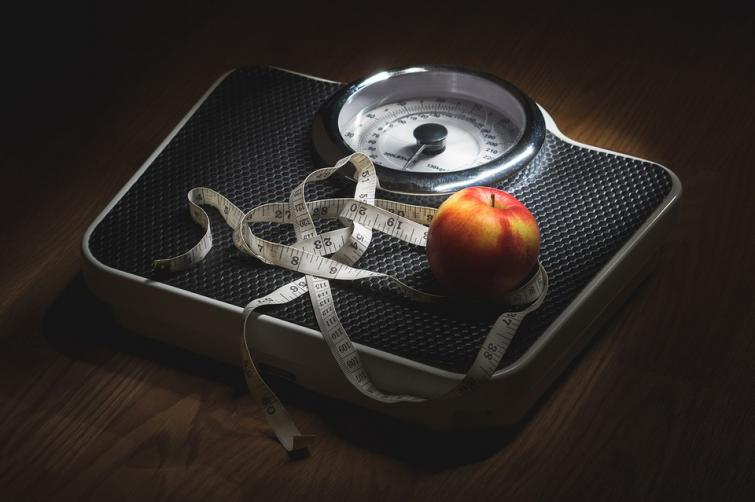
Obesity and alcohol responsible for nearly 30,000 cases of breast cancers in the next decade: Study
Sydney, Mar 29 (IBNS): Body fatness and alcohol consumption are the leading preventable causes of breast cancer in Australian women, a new study in 200,000 women has found.
Maintaining a healthy weight and not consuming alcohol regularly could help prevent thousands of breast cancer cases, a new big data study by UNSW Sydney researchers has found. The findings could help inform future cancer control strategies.
The large collaborative study led by UNSW’s Centre for Big Data Research in Health was published in the International Journal of Cancer. It pooled six Australian cohort studies including over 200,000 women and evaluated what proportion of pre-menopausal and post-menopausal breast cancers could be prevented by modifying current behaviours.
“We found that current levels of overweight and obesity are responsible for the largest proportion of preventable future breast cancers – more specifically, 17,500 or 13% of breast cancers in the next decade,” says study author Dr Maarit Laaksonen.
“Regular alcohol consumption is the second largest contributor – 13% of pre-menopausal and 6% of post-menopausal breast cancers, that is 11,600 cases over the next 10 years, are attributable to consuming alcohol regularly.”
This was the first time that regular alcohol consumption was shown as the leading modifiable cause of breast cancer burden for pre-menopausal women.
Although the current Australian recommendation is to not drink more than two alcoholic drinks per day on average, the study found that risk of breast cancer increased with an average consumption of just one alcoholic drink per day.
More than half of Australian women currently report drinking alcohol regularly, and three in five Australian women are overweight or obese.
The researchers also found current use of menopausal hormone therapy (MHT) to explain 7% of postmenopausal breast cancers, with over 90% of this burden explained by a long-term use of at least 5 years. Similarly, the researchers found current long-term use of oral contraceptives to explain 7% of
premenopausal breast cancers.
“Our findings support the current Australian and international recommendations of using MHT for the shortest duration possible, and only to alleviate menopausal symptoms, not for the prevention of chronic disease,” Dr Laaksonen says.
“When it comes to oral contraception, it is not recommended that women restrict their use of OCs – the latest position statement from Cancer Council says that over the course of a woman’s lifetime, the net effect of OCs is actually cancer-protective, as they provide long-term protection against endometrial and ovarian cancers, meaning that the potential benefits, including reproductive benefits, outweigh the harms.”
Jointly, these behavioural and hormonal factors explain about one in five breast cancers, amounting to 37,000 breast cancers over the next 10 years.
For the first time, the researchers were able to compare the breast cancer burden for different population subgroups. They identified population subgroups with the greatest burden of preventable
post-menopausal breast cancer.
“For instance, we found that the body fatness-related burden is greatest (20%) among those with lower educational attainment, and the MHT-related burden is greatest (10%) among those of healthy weight, those consuming alcohol more frequently and those of higher socioeconomic status,” Dr Laaksonen
says.
The findings may help to target preventative measures to high-burden subgroups that are likely to benefit most.
Breast cancer is the most common cancer in women in Australia and worldwide – in 2018, an estimated 18,000 Australian women were diagnosed with breast cancer. It is also the second leading cause of cancer death in Australian women.
“That means that consequently, even relatively small preventable proportions translate into large numbers of preventable breast cancers,” Dr Laaksonen says.
“If confirmed, these findings are likely to contribute important evidence for individual and populationlevel cancer control strategies,” she concludes.
Support Our Journalism
We cannot do without you.. your contribution supports unbiased journalism
IBNS is not driven by any ism- not wokeism, not racism, not skewed secularism, not hyper right-wing or left liberal ideals, nor by any hardline religious beliefs or hyper nationalism. We want to serve you good old objective news, as they are. We do not judge or preach. We let people decide for themselves. We only try to present factual and well-sourced news.







